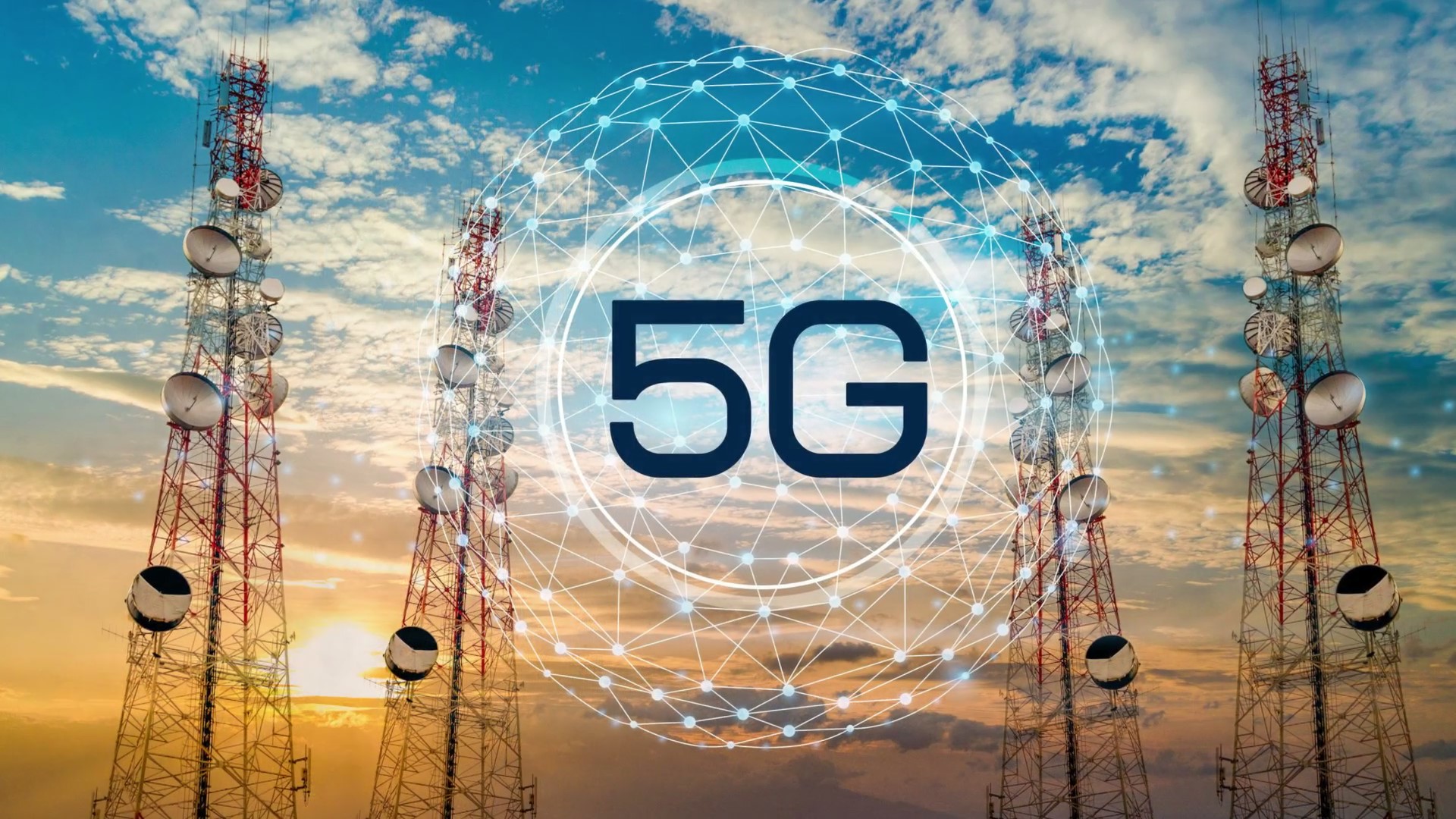

Uncovered details regarding the government's decision not to auction high-speed 5G technology to MTN have emerged, revealing that the mobile telecommunications giant MTN has only deployed 15 per cent of the 4G technology it acquired through an auction about ten years ago.
This deployment primarily targeted lucrative areas, including densely populated regions, the capital city, and the banking sector.
Consequently, this approach denied other telecommunication companies access and failed to meet the Mahama government’s goal of digitising Ghana’s economy to boost employment, enhance efficiency, and foster business growth.
Despite the availability of 4G technology, many rural areas remain reliant on 3G or less, with limited or no speed, as they are not considered profitable by telecom companies, particularly MTN.
This has provided the Akufo-Addo government with a rationale to make the new 5G technology, which has been available in some countries for about three years, accessible to various companies through Special Purpose Vehicles (SPVs), allowing them to pay and plug into the network.
According to inside sources, MTN is lobbying for a substantial share of the 5G market, demanding 30 per cent.
This follows an unsuccessful attempt to purchase the spectrum for US$250 million through the Ministry of Finance, blocked by the Minister of Communications and Digitalisation, Ursula Owusu-Ekuful.
She advocated for making the 5G technology available to all telecom companies that are ready and willing to invest.
Ursula Owusu-Ekuful views the internet as more lucrative than oil, gold and cocoa, and sees 5G technology as a tool for wealth generation by training Ghanaian youth in ICT to develop applications that earn money to support national development.
There is speculation that 5G will become a hot topic when parliament reconvenes. Policy decisions are made by the Executive and do not require prior parliamentary approval.
The government aims to avoid past mistakes, such as the 4G auction that led to market distortions and an MTN monopoly.
The proposed 5G rollout involves a consortium of telecom companies, including Ascend Digital and KNet, alongside Reliance Jio of India. This shared platform, the first of its kind in Africa, aims to deliver the most advanced 4G/5G network nationwide.
Reliance Jio, with 477 million subscribers, will contribute its expertise and affordable technology, aiming to replicate its success in India.
The consortium's goal is to achieve 80 per cent 4G coverage within three years, significantly enhancing broadband connectivity and contributing to GDP growth.
The shared network will enable all telecom companies to provide high-speed internet services, reducing MTN’s market dominance.
Despite the optimistic outlook, critics argue that the government is hastily exploiting evolving technology for profit. They contend that telecom licences should be auctioned due to the finite nature of the spectrum.
Effective regulatory action, not just breaking a monopoly, is essential for harmony in the telecom sector. The debate also highlights concerns about the management of national digital infrastructure.
NITA currently oversees the government’s optic fibre resources, used by telecom companies. There are questions about Infraco’s role, which involves management consultancy over NITA’s assets, raising further issues.
Proponents of MTN argue that the company has invested significantly more in the telecom industry than any other, reaping the benefits of its investments over the years.
Deploying infrastructure nationwide requires substantial capital, and MTN has met these financial challenges, unlike competitors such as Tigo, Airtel, Glo, and even Vodafone, which has struggled despite the government’s 30 per cent ownership stake.
MTN has also faced challenges such as the theft of cables and batteries from its cell sites across the country, complicating its efforts to deploy 4G nationwide. The company should not be solely blamed for the lack of widespread 4G coverage.
A company needs not less than US$500 million to be able to deploy infrastructure to cover a substantial part of the country, but the companies which have operated in Ghana did not have the financial muscle.
The collapse of companies like Surfline Communications is attributed to a lack of capital, inadequate infrastructure, and poor management, not MTN.
Surfline's owner, John Taylor, invested heavily, but could not sustain the business.
Vodafone's inability to break even is also cited as evidence of the telecom sector’s financial demands, not MTN's monopolistic practices.
Critics argue that the National Communications Authority (NCA) should address monopoly claims through regulatory mechanisms, ensuring a fair and competitive telecom environment.
The government's approach to 5G technology remains contentious, with arguments both for and against the proposed strategies.
The outcome will significantly impact the future of digital infrastructure and economic growth in Ghana.
Read Full Story





















Facebook
Twitter
Pinterest
Instagram
Google+
YouTube
LinkedIn
RSS